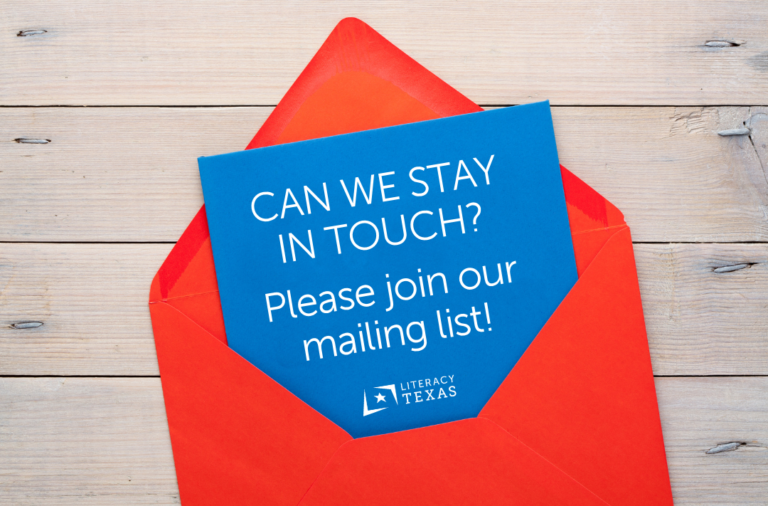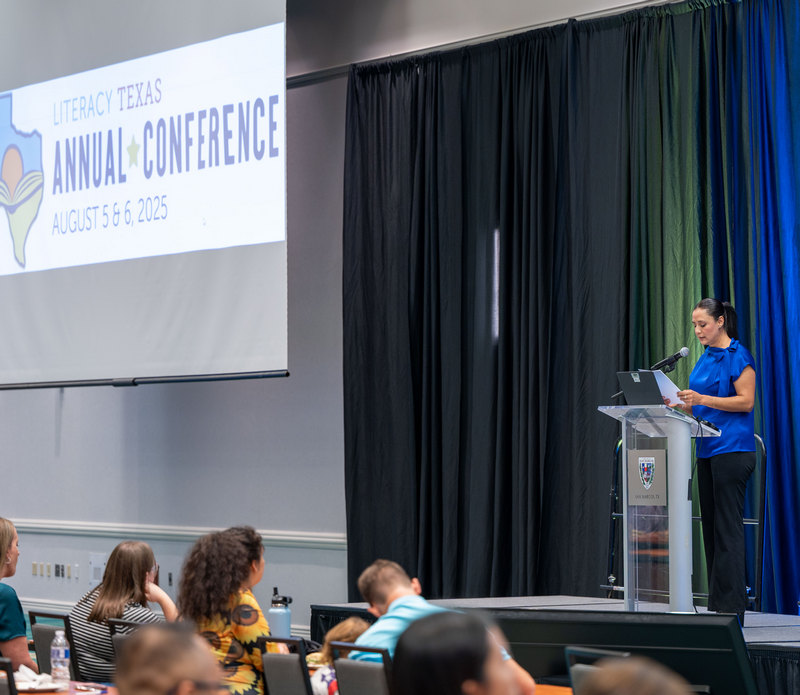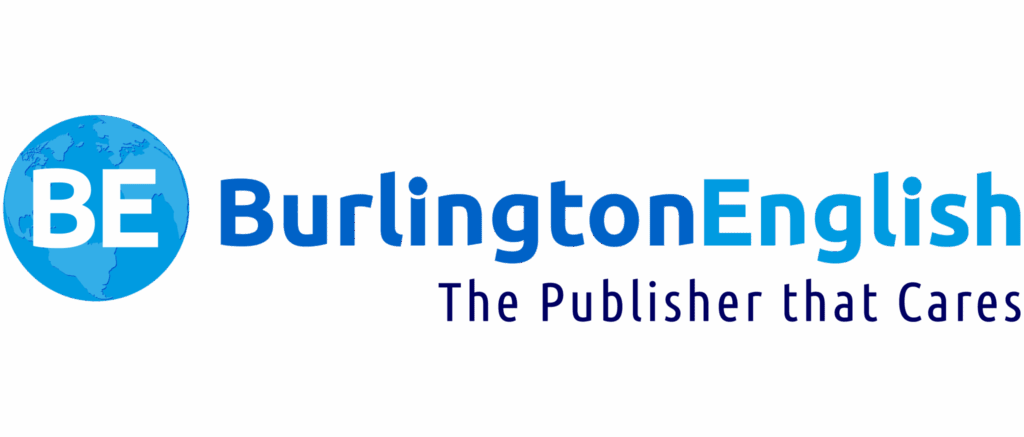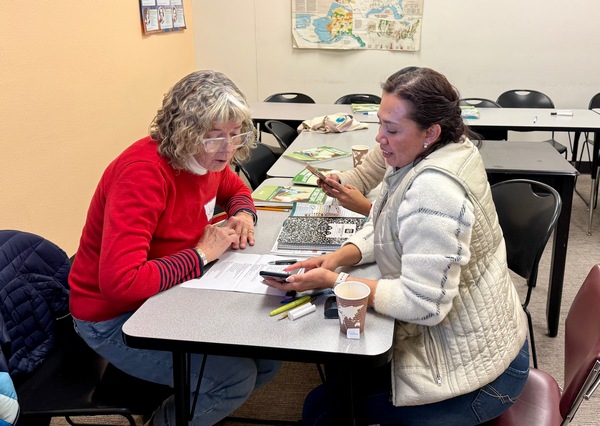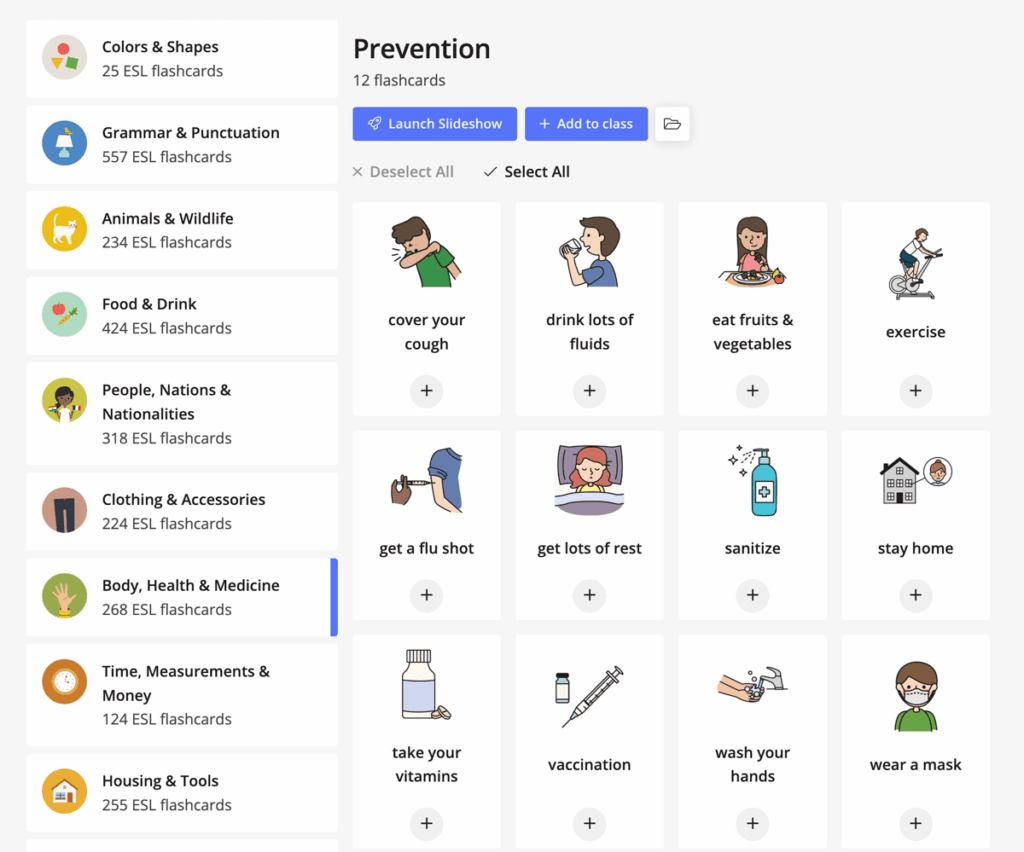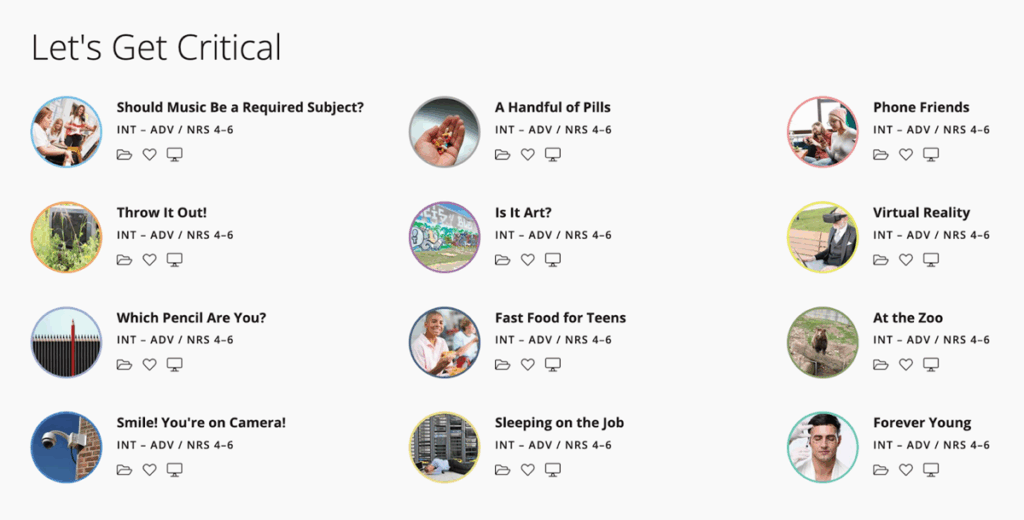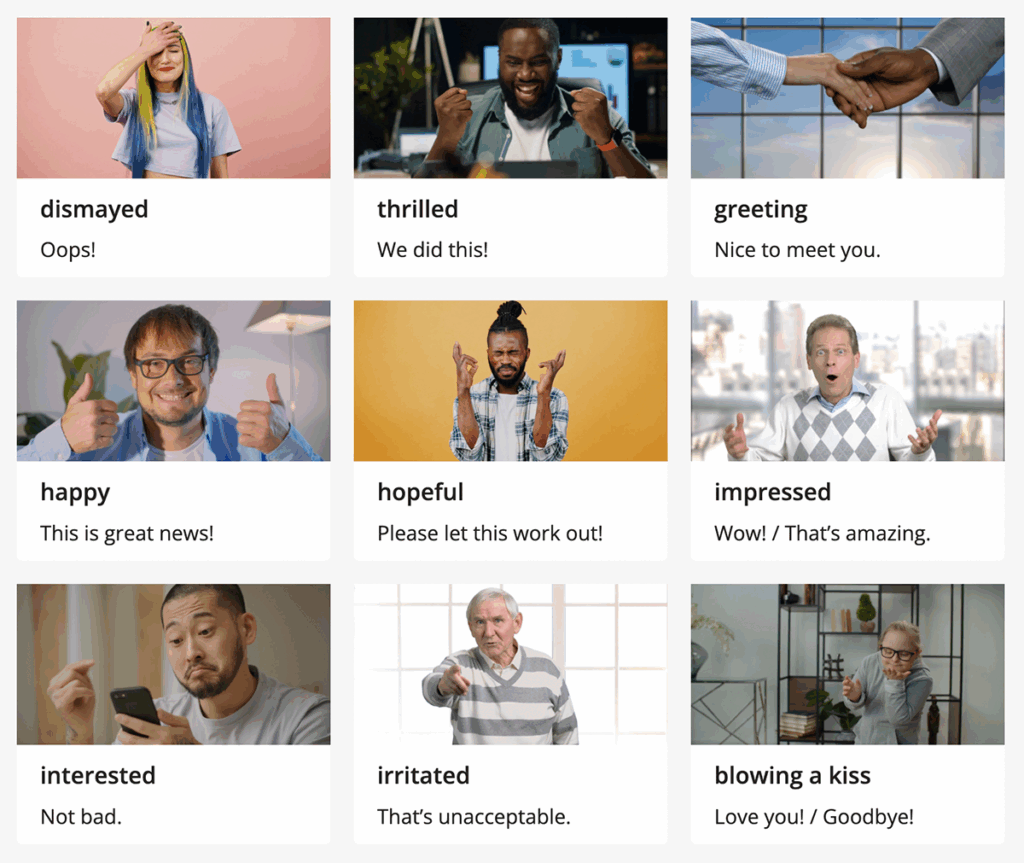This is a guest post by Vaschni Savain of Brainchild Unlimited, a 2025 Annual Conference sponsor.
It’s 5:47 AM in Houston.
While the city sleeps, Jasmine sits in her parked car outside the elementary school where she works as a custodian, earbuds in, reviewing fractions on her handheld device. In two hours, she’ll clock out, drive across town to her second job at a retail store, then pick up her three kids from aftercare. But right now, in these stolen 20 minutes before her shift starts, she’s mastering algebra.
Sound impossible? If you’re an adult literacy educator, you know it’s just another Tuesday.

The Myth of the “Traditional” Adult Learner
We talk about adult education like it happens in neat, scheduled blocks. Tuesday and Thursday evenings, 6 – 8 PM. But here’s the reality: your most determined students are often the ones who can least afford traditional schedules.
Take Jasmine. She’s been working toward her HSE for three years—not because she lacks motivation, but because life keeps happening. When her youngest got sick, she missed two weeks of classes. When her car broke down, she couldn’t make it to campus for a month. When her hours got cut at one job, she picked up shifts at another.
Traditional education says Jasmine is “inconsistent.” We say she’s incredibly resourceful.
Education in the Margins: Where Real Learning Happens
The most transformative education often happens in the spaces between life’s demands:
The Break Room Scholar: Marcus, a line cook in San Antonio, uses his 15-minute breaks to work through science lessons. Three breaks a day, five days a week. In six months, he’s completed two full units while his co-workers scroll social media.
The Commuter Student: Patricia takes public transit 90 minutes each way to her job as a hotel housekeeper in Dallas. That’s three hours daily of uninterrupted study time—if she has curriculum that works offline and doesn’t drain her phone battery.
The Night Shift Parent: After her kids are asleep, Carmen settles into her kitchen with a cup of coffee and her Study Buddy device. No internet required, no glowing screen to wake the baby, just quiet progress toward her goals.
Learning That Bends—Without Breaking
Here’s what traditional education gets wrong: it assumes adult learners should rearrange their lives around their education. But Carmen can’t abandon her kids for evening classes. Marcus can’t leave his kitchen during dinner rush. Patricia can’t afford to cut her work hours.
What they need is education that respects their reality while honoring their ambition.
Flexible doesn’t mean compromised. Just because Carmen studies at midnight doesn’t mean her education should be less rigorous than someone in a classroom.
Self-paced doesn’t mean solitary. When Marcus completes a challenging unit during his break, he’s not just learning science—he’s proving to himself that he can master anything he sets his mind to.
Mobile doesn’t mean minimal. Patricia’s commute curriculum is comprehensive, covering everything she needs for her HSE while fitting into the time she actually has available.
The Ripple Effect: Why This Transforms Families
When Jasmine finally passes her HSE exam, something magical happens. Her 10-year-old son stops saying “I’m just bad at math” and starts asking “How did you figure that out, Mom?” Her teenage daughter, who’s been struggling in high school, suddenly has proof that it’s never too late to turn things around.
But the transformation starts long before graduation day. It starts at 5:47 AM when her kids see mom studying in the car. It starts when Marcus explains photosynthesis to his nephew using concepts he learned during his break. It starts when Patricia helps her daughter with homework using skills she’s developing on the bus.
Honoring the Hustle: What Educators Can Do
If you’re serving adult learners in Texas, you already know your students are incredibly capable. They’re managing complex lives with grace, working multiple jobs with dignity, and pursuing education despite—not because of—their circumstances.
What they need from us isn’t sympathy or lower standards. They need:
Respect for their time: Every minute of study time is precious when stolen from sleep or family time.
Honor for their intelligence: They’re not “behind.” They’re moving forward—at the pace life allows.
Tools that work anywhere: In break rooms, on buses, in cars, in quiet kitchens after midnight.
Content that builds on their experience: They’ve been problem-solving, budgeting, negotiating, and leading all their lives. Education should acknowledge that wisdom.
Practical Tools: Meeting Students Where They Actually Are
Ready to support your 5 AM scholars? Here are concrete strategies that work for students with complex lives:
Flexible Learning Solutions
“Study Anywhere” Kits: Provide offline-capable devices or printed materials that don’t rely on WiFi. Students like Patricia can study during long commutes, and Marcus can make the most of his breaks—without worrying about data limits or dropped connections. Devices like Brainchild’s Study Buddy III handheld make this possible, delivering a full curriculum anytime, anywhere—without the frustration of low bandwidth, drained batteries, or inaccessible content.
Micro-Learning Modules: Break content into 10-15 minute chunks. A complete lesson that fits into a work break is more valuable than a 2-hour session they can’t attend.
Multiple Access Points: Offer the same content through different delivery methods—online for when they have WiFi, offline for when they don’t, and print backup for emergency situations.
Schedule-Smart Strategies
Rolling Enrollment: Let students start anytime rather than waiting for traditional semester starts. When Carmen finally gets childcare figured out, she shouldn’t have to wait three months to begin.
Competency-Based Progression: Focus on what students know, not how long they’ve been studying. Some students master concepts quickly during intense study bursts; others need longer, steadier approaches.
“Life Happens” Policies: Build in formal accommodations for the realities of adult life—sick kids, car troubles, work schedule changes. Make re-entry seamless, not shameful.
Communication That Works
Text-Based Check-ins: Quick encouragement via text fits better into busy lives than lengthy phone calls. “Great progress on Unit 3! You’ve got this.”
Peer Connection Networks: Connect students with similar schedules or life circumstances. The single mom working nights can support the single dad working days.
Progress Celebrations: Acknowledge small wins immediately. When Marcus completes a unit during his break, that achievement deserves recognition right away, not at the next class meeting.
Family-Centered Approaches
Take-Home Learning: Provide materials that students can share with family members. When Jasmine reviews math concepts, her kids can learn alongside her.
Flexible Testing: Offer multiple testing times and formats. Some students test better at 7 AM before work; others prefer Saturday mornings when childcare is available.
Success Documentation: Help students track and share their progress. A certificate for completing a challenging unit means more when the whole family can celebrate.
Resource Maximization
Community Partnerships: Connect with local businesses that employ your students. Maybe Marcus’s restaurant would support a 15-minute learning break policy if they understood the long-term benefits.
Technology Lending: Provide devices that students can take home. Learning shouldn’t stop because someone can’t afford the latest technology.
Bilingual Support Systems: For Spanish-speaking learners, provide content that switches seamlessly between languages—building on linguistic strengths rather than treating them as barriers.
The key insight: Your most successful interventions will be the ones that honor your students’ intelligence while adapting to their reality. They’re not failing to fit your system—your system needs to evolve to serve them.
The Quiet Power of 5 AM
There’s something profound about studying at 5 AM. The world is quiet. The day’s demands haven’t started yet. It’s just you, your goals, and the belief that this moment—this lesson, this practice problem, this small step forward—matters.
Jasmine knows this truth. So does Marcus. So does Patricia. They’re not studying at unconventional hours because they have to—they’re studying because they want to, because they’ve found a way to make education fit into lives that don’t stop for traditional schedules.
As educators, our job isn’t to change their lives to fit our systems. It’s to build bridges between their dreams and their reality.
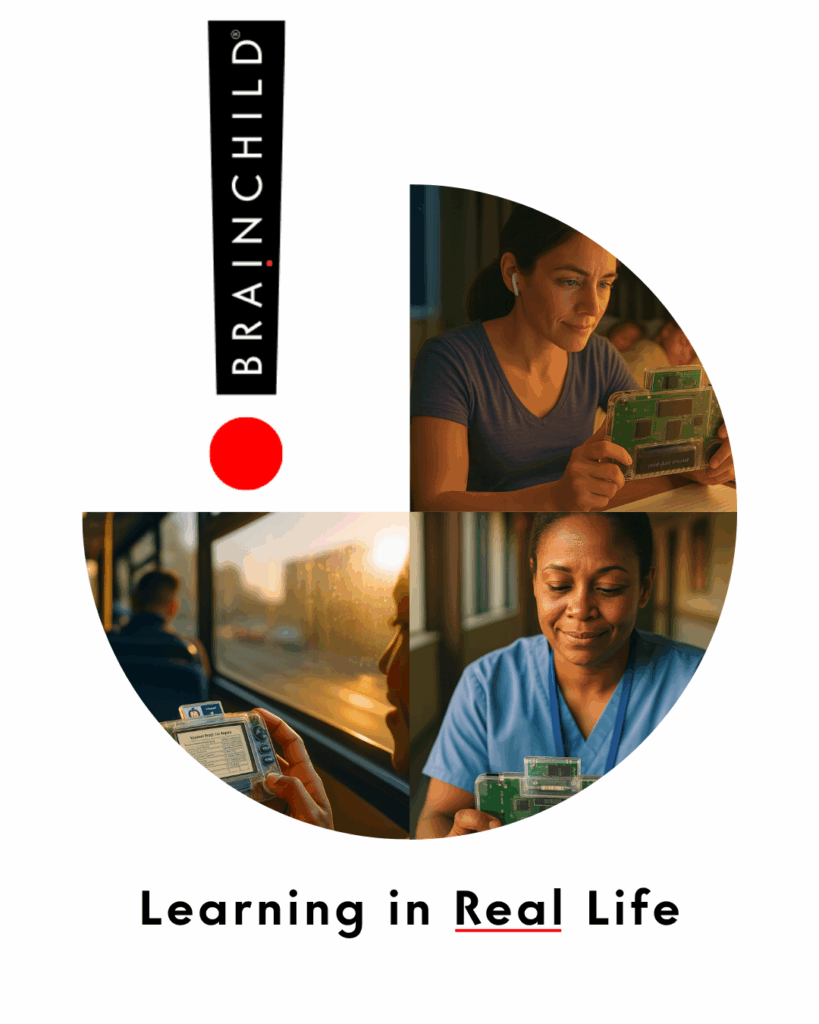
Because transformation doesn’t keep office hours. It happens at 5 AM in a parking lot, during 15-minute breaks, on evening commutes, and after kids are tucked into bed. It happens whenever someone decides that today is the day to take one more step toward who they’re becoming.
How are you supporting the 5 AM scholars in your program? Share your stories—because every unconventional learning journey deserves recognition, and every creative solution might inspire another educator.
Contact Brainchild Unlimited | 800-811-2722 | www.brainchild.com
Get Texas literacy updates
Join our mailing list so you don’t miss any news:
- Local and national literacy news
- Conference updates
- Regional symposia
- Best of Texas
- Advocacy
- …more!

